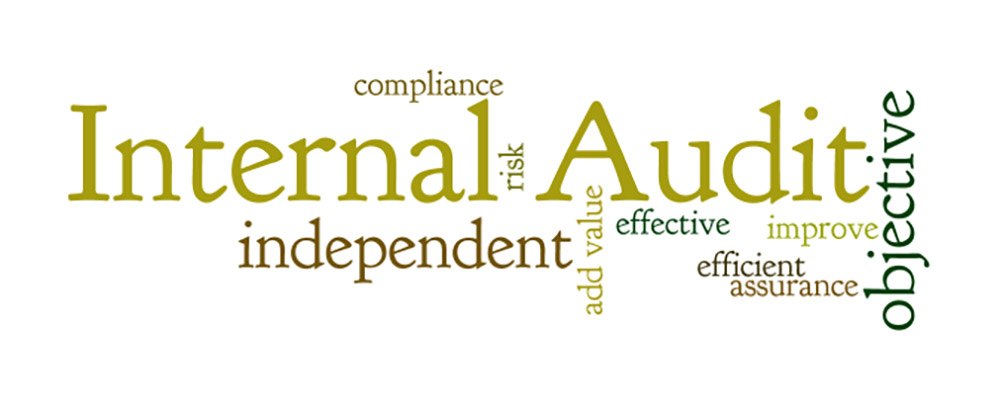EQMS Blog

How To Structure An Efficient Internal Audit Program
Nature and Scope of an Internal Audit Program
The internal audit program is important and crucial for any organisation. It is also a requirement within ISO 9001 which the world most recognized standard for a quality management system. Internal audit is an important consideration while planning the organisational activities. Organisations need to be well prepared by means of proper planning prior to conducting their internal audits.
An Internal audit program has a series of steps, both simple and complex. Some are more complex and crucial than the other which needs to be audited each year.
The internal audit program should be extensive and comprehensive. Any issue found in the internal audit may lead to serious problems if not addressed. Although conducting internal audits might be a time-consuming exercise, it can be one of the best tools to drive continual improvement within your organisation if correctly executed. The main purpose behind the internal audits is to keep your organisation and management well prepared for any challenges based on the evaluation of your processes.
Given below are a few guiding principles that you should follow in order to develop an effective internal audit program:
Categorize Processes and Procedures
- This step involves grouping of your processes into various categories depending upon their nature. The processes that have the same features or purpose are grouped into the same category.
- Suppose that your company has 40 processes as per your standard operating procedures. 20 out of 40 processes shows frequent problems and the other 20 are nice and manageable throughout the year. Now logically group the 20-20 processes separately that shows frequent problems and those which are manageable.
- It is a good idea to schedule the internal audit program of a calendar year as soon as possible.
Make an Internal Audit Schedule (What, When, Who)
- Some organisations do not give importance to making an audit schedule and prefer to choose arbitrary dates when the studently realise none or an insufficient number of audits have been conducted. This cannot be termed as a good practice in the context of scheduling internal audits. The organisation should have a well-defined internal audit schedule.
- This step also involves the creation of an internal audit workflow that focuses on visibility; helping those who are responsible to create and schedule a specific date for the audit.
- The workflow will help to create a plan and define what to do and when.
Cooperation with Auditor
- The nature of internal audit may vary from organisation to organisation as the responsibilities and structures are not the same. A larger organisation may have a separate department for internal audit program, where smaller companies have may involve the coordination of several departments.
- However, the organisation should treat internal audit as an opportunity by which they can learn, improve and grow.
- Internal Auditor should not be treated as an internal affair investigator by the other employees. He should be given proper cooperation rather hiding details from the auditor. Non-compliance with the internal auditor is not conducive to learning or the audit’s findings.
Outsourcing Internal Audit
- Organisations do have the option to hire consultants for the internal audit and in many cases it could be a good idea to outsource your internal audit program.
- There are numerous benefits of outsourcing internal audit as the auditing firms are specialized and experienced in their field and can conduct the auditing activities to a very high standard.
- Outsourcing internal audit relieves the organisation from various sort workloads and consequently the organisation can focus on its operations and productivity.
- When an organisation has an in-house audit department it can create a sort a rivalry among the audit team and other departments due conflict of interest. Moreover, outsourcing will be somehow helpful to avoid such conflicts.
An effective internal audit program is important for organisations to improve their processes and avoid issues that could have been prevented. Outsourcing internal audits often proves to be helpful for many organisations as it can save time and money for the organisation.
If you are considering to outsource your internal audit program, then feel free to contact us for a free consultation on how we can support.

Request a free consultation
Contact us to discuss your needs and see how we can support to reach your goal.

Recent posts

ISO 45001 is an internationally recognised standard for occupational health and safety management systems. It provides a framework that organisations can use to manage and improve their OH&S performance, minimize...

ISO (International Organisation for Standardisation) is an independent, non-governmental organisation that develops and publishes international standards for various industries and fields. The ISO certification process is a way for organisations...

What is ISO 9001 ISO 9001 is the most widely used and recognised global standard for a Quality Management System (QMS). Its primary goal is to assist companies meet the...
Just a Few of Our Clients
Request a Free Consultation
Contact us to discuss your needs and see how we can support to reach your goal.












